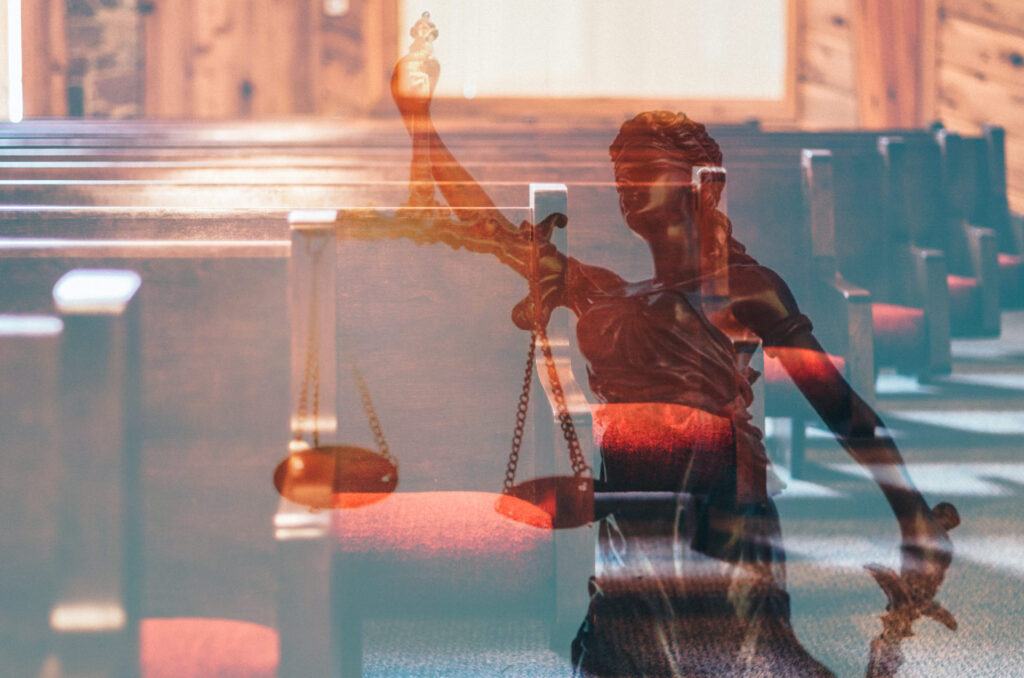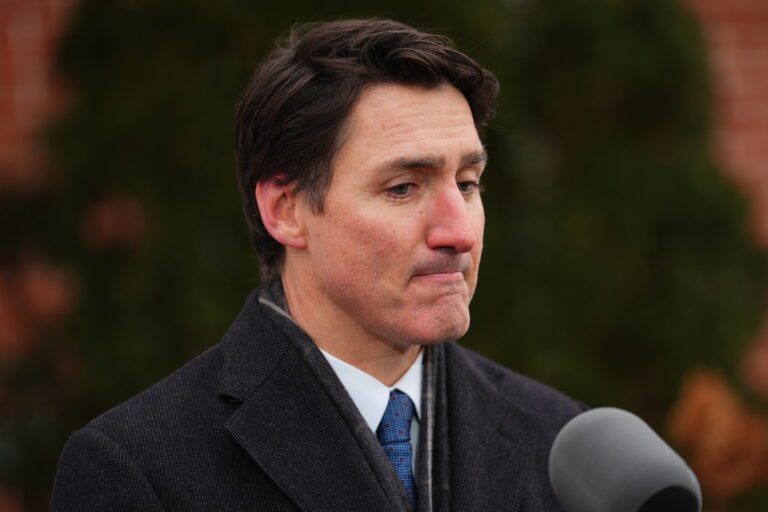OTTAWA, ONTARIO: The Justice Centre for Constitutional Freedoms is disappointed that the Supreme Court of Canada will not hear a further appeal of two Ontario churches who challenged the Ontario government’s violation of Charter-protected religious freedom through lockdowns measures.
On May 1, 2023, the Aylmer Church of God and Trinity Bible Chapel, along with pastors and elders, filed an application for leave to appeal their constitutional challenge to Ontario’s gathering restrictions to the Supreme Court. The parties sought to argue that the lower courts improperly failed to assess whether the gathering restrictions infringed on the rights to freedom of expression, peaceful assembly, and association.
Restrictions on gatherings were first imposed using the Ontario’s powers under the Emergency Management and Civil Protection Act, commencing March of 2020. In July of 2020, Ontario transferred its emergency powers into new legislation called the Reopening Ontario Act. Orders restricting gatherings to as few as 10 people were made under this Act.
Ontario’s Superior Court of Justice and Court of Appeal have upheld these violations of freedom of conscience and religion, the first freedom protected in the Canadian Charter of Rights and Freedoms., as well as violations of the freedoms of expression, association, and peaceful assembly.
The parties challenging gathering restrictions include Pastor Henry Hildebrandt and the Aylmer Church of God, who initially gained the attention of police for holding drive-in services. The Church of God was subsequently ordered to pay $274,000 in fines and costs for allegedly violating gathering limits, including three outdoor services held in May and June 2021.
The evidence in this case establishes that the risk of outdoor transmission is negligible. According to Ontario’s own expert witness, Dr. Zain Chagla:
- outdoor religious gatherings are safe, whether there are 10 COVID cases a day or 10,000, regardless of variants of concern
- the Outdoor Restrictions may have increased COVID transmission by encouraging clandestine gatherings in small indoor spaces where transmission risks are much higher
- restrictions on outdoor gatherings are not justified or appropriate from a public health perspective.
Trinity Bible Chapel in Waterloo, its lead pastor Jacob Reaume, and other church members, have also pursued this appeal to the Supreme Court. When Ontario closed houses of worship in December 2020, the 10-person limit made no sense for Trinity Bible Chapel and its large 900-seat auditorium. Further, the 10-person limits were imposed on worship services, while essential retail was permitted 50% capacity with physical distancing. Trinity Bible Chapel received hundreds of thousands of dollars in fines while congregation members were forcibly locked out of their church building by court order for several months.
The churches have challenged the gathering restrictions for violating the fundamental freedoms of conscience, religion, expression, peaceful assembly, and association, guaranteed by the Canadian Charter of Rights and Freedoms in a manner that could not demonstrably be justified in a free and democratic society. They argued that the harms caused by the gathering restrictions far outweighed any benefit they provided, and that they must be struck down.
Justice Pomerance of the Ontario Superior Court denied the churches’ challenge.
At the Court of Appeal hearing in December 2022, the churches argued that Justice Pomerance erred by:
- improperly assessing and weighing the expert evidence
- disregarding consideration of the freedoms of expression, peaceful assembly and association
- misapplying the legal test under section 1 of the Charter to find the gathering restrictions as justified
Nonetheless, in a decision issued on March 1, 2023, the Court of Appeal upheld the denial of the churches’ challenge. The Supreme Court has refused to hear the appeal from the Court of Appeal’s decision.
“We are disappointed to learn that the Supreme Court determined that this was not a matter of national importance” says lawyer, Hatim Kheir. “This is now the final word from the courts on the constitutionality of Ontario’s religious gathering restrictions.”








